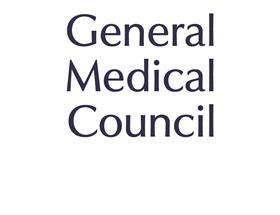An HSJ supplement exploring the leadership behaviours and working environments that will help doctors achieve long and successful careers
Read the detailed feature here
In association with
Most healthcare professionals say their job can be a privilege. Most will also say their field of work can be very difficult, more so as workloads escalate and shortages of qualified staff bite. In medicine, research shows that pressures are causing young doctors to leave the profession and older ones to plan retirement at the earliest possible opportunity.
For many NHS organisations – and indeed for the system as a whole – this represents a worrying trend. So what can NHS leaders do to support doctors such that retention is not as much of a pressing concern?
One of the answers, according to the General Medical Council, is to ensure that working environments are supportive for doctors – even as demands grow. And the regulator’s chief executive and chair say that helping employers create just such an environment is a key priority for the organisation.
Through training programmes specifically targeted at medics belonging to groups more likely to face disciplinary action from the GMC, it is hoped that some issues around retention can be addressed. It is a hope shared by the associate medical director at North Middlesex University Hospital Trust and the chief medical officer of Worcestershire Acute Hospitals Trust, both of whom have introduced such programmes at their organisations.

























